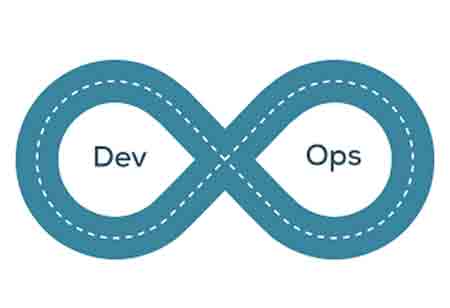THANK YOU FOR SUBSCRIBING
Why Adopting DevOps Culture is so Important?
The DevOps market is propelled by the growing adoption of Agile methodologies, cloud technologies, rising digitization, and business automation. For better team collaborations, adopting DevOps in the IT culture is inevitable.

By
Apac CIOOutlook | Friday, April 10, 2020
Stay ahead of the industry with exclusive feature stories on the top companies, expert insights and the latest news delivered straight to your inbox. Subscribe today.
The DevOps market is propelled by the growing adoption of Agile methodologies, cloud technologies, rising digitization, and business automation. For better team collaborations, adopting DevOps in the IT culture is inevitable
FREMONT, CA: The Information and Technology (IT) sector, especially to DevOps technologies, is seeing a lot of innovations and transformations. A study conducted by experts at Grand View Research says that the DevOps market is expected to be worth 12.85 billion USD by 2025.
DevOps allows quick amendment response during the development phase; it has made adapting Agile easy, the iterations help in identifying bugs, and resolving it quickly and improves the quality of the product. This technology is a perfect route for teamwork, helping them focus more on development and be free from deployment worries, offer resilient services, and better self-improvement.
Below enlisted are some reasons that reveal why the adoption of Devops culture is beneficial for the future of the business
Zero-Touch Automation
Companies that have implemented or adapted DevOps have seen a substantial increase in productivity and faster rates of deployment. Zero-touch automation is the future of DevOps automation as there will be no need for human intervention when machine learning is utilized to automate the back-up of vast data fully.
Artificial Intelligence
Applications driven on AI are turning towards DevOps for automating their application cycles. The continuous process will help AI apps to be tested more frequently, and for the algorithms to be developed at a higher pace with more accuracy.
Server-Less Architecture
The server-less architecture will be the architecture of choice for developers to increase productivity and simplify operations. Legacy systems are upgraded to server-less operations as it is more cost-effective and also improves the experience of users.
From CI- Pipelines to DevOps Assembly Lines
Continuous Integration (CI) automates build and run unit tests on each PUSH of code, and CI-Pipelines only work in segments. The need for automation of CI along with Continuous Delivery and Continuous Deployment of the code and binaries to the target environments is essential for teams to work better and DevOps helps improve the process of planning, coding, and automation of delivery and deployment.
Containers in Demand
Containerization has been trending in the IT sector after the launch of container technologies and these containers are prominent DevOps automation tools. These containers make distributed development a reality, and delivery can be further improved.
Embedded Security
The need for safety has made the implementation of security in the application development process necessary. Cybersecurity is one of the main concerns for IT corporations, and DevOps will spend a lot of resources on security. This term is called DevSecOps and it will help decrease the vulnerabilities, and the whole process will be effective, secure, and efficient.
Demand for Coding
The automation of DevOps requires scripts, and developers, and testers will be expected to know the scripting language to code the automation scripts. Thus, knowledge in coding will be in demand and will also be a necessity for testers to learn different coding languages to stay up to date.
See Also: Top DevOps Consulting/Service Companies





